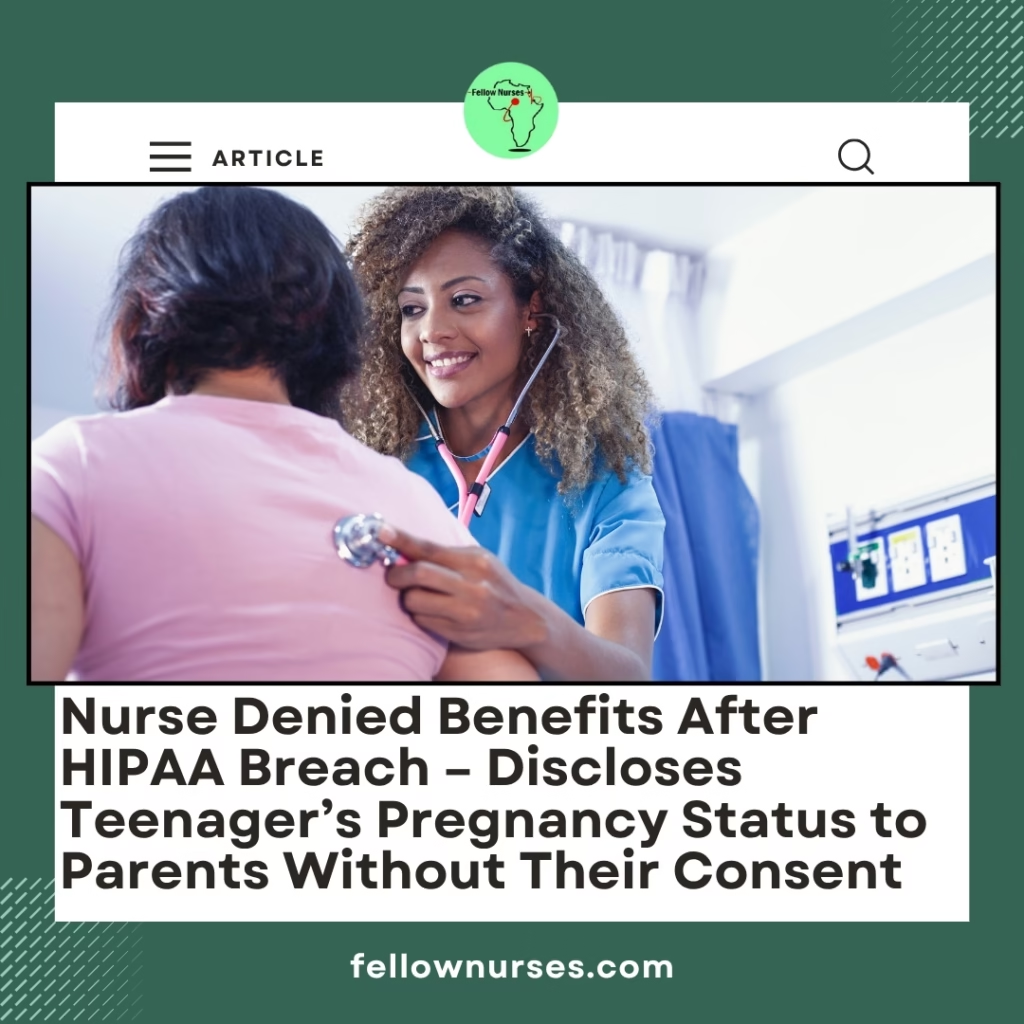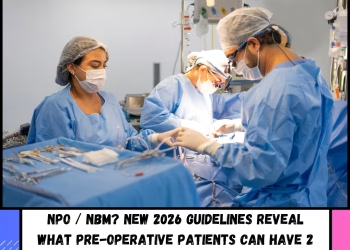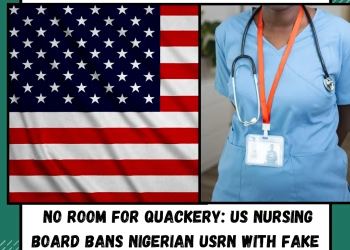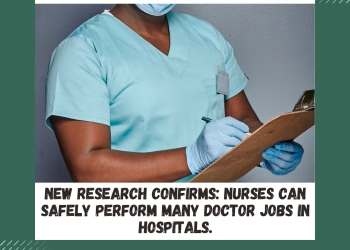Fellow Nurses Africa | Lagos, Nigeria | 08 October 2025

A privacy lapse at Waverly Health Center has become a defining moment for healthcare ethics and accountability.
Former registered nurse Erica Hulsing was terminated in May 2025 after revealing a 17-year-old patient’s pregnancy to the teen’s family, despite the patient’s explicit request for confidentiality.
The disclosure, though possibly well-intentioned, violated the Health Insurance Portability and Accountability Act (HIPAA), the U.S. law that protects patient privacy.
Following her dismissal, Hulsing applied for unemployment benefits and initially received over $4,000. However, an Administrative Law Judge, Duane Golden, ruled in late September that her actions constituted job-related misconduct, disqualifying her from benefits and ordering repayment of the funds.
Hulsing maintained that she was unaware her disclosure breached HIPAA, a statement that has since fueled national discussion: Can compassion ever justify breaking confidentiality, especially when minors are involved?
The ruling underscores how HIPAA violations carry professional, legal, and financial consequences, regardless of motive. Yet, the case also exposes the emotional complexity nurses face when moral instincts conflict with strict legal mandates.
As one nursing educator commented in a related discussion;
“Intent doesn’t erase impact, but it should invite reflection on how we train healthcare workers to handle ethical gray zones.”
For now, the message from regulators is clear: patient privacy isn’t optional – even when the truth feels like care.
Sources: Iowa Capital Dispatch, KWAY Radio, Des Moines Register, Nurse.org
Fellow Nurses Africa is the independent voice of African Nurses. We educate, inform and support the nursing profession.










